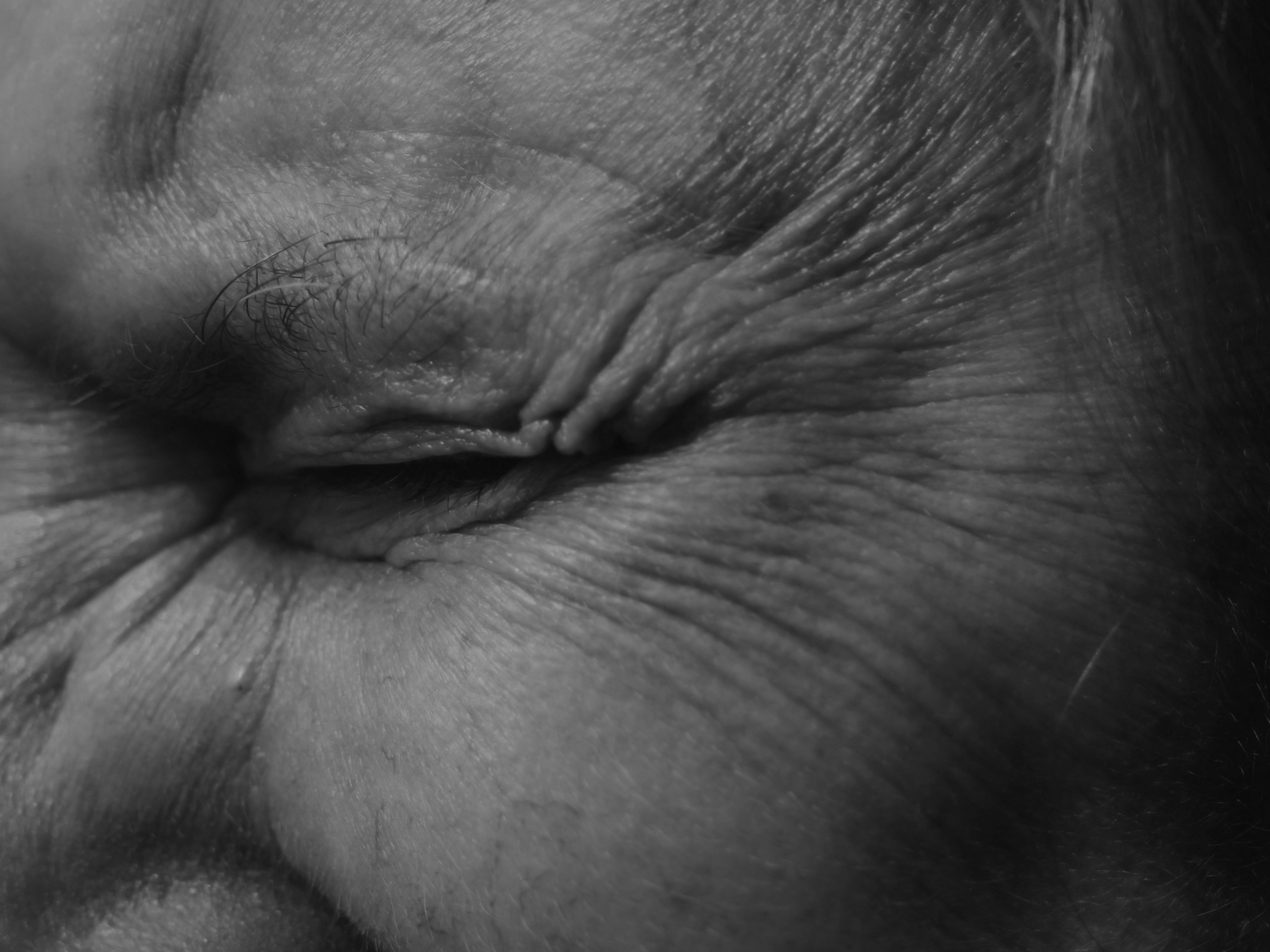

A 2025 Netflix documentary follows California man Bryan Johnson who has dedicated his life to defy aging. Assistant Professor at the Bond Business School Lucia Viegas focuses her research on how to maximize quality of life into old age. In light of Johnson's story, she has weighed in on the consequences of trying to living forever.
Tech entrepreneur Bryan Johnson believes he can live forever – and he’s going to extreme lengths to make it happen. In Netflix’s Don't Die: The Man Who Wants to Live Forever, Johnson shares his obsessive quest for immortality. He swaps blood plasma with his son, eats dinner at 11am and takes 54 pills every day. He’s even built his entire life around sleep, never staying up late. Johnson’s philosophy is that technology and discipline will lead him to the fountain of youth.
We're already living longer
Yet even without such an obsessive approach, humans are already living longer. In Australia, life expectancy is now 83 years.
If Johnson’s quest succeeds, that might barely qualify as middle age, but it’s a far cry from the Middle Ages when the average person lived for just 35 years.
Thanks to strong public healthcare, a solid education system and substantial national wealth, Australians are ahead in the quest for longer lives.
Technologies such as vaccinations, pacemakers, and automated insulin pumps have allowed people who might have otherwise died prematurely to live into old age.
We also have a far better understanding of how daily habits affect our health. The proportion of adult smokers in Australia has halved in the past 20 years, and social media provides a constant stream of health information.
Indeed, health and wellness has ballooned into a multibillion-dollar industry. But even the most meticulous efforts to look after ourselves – such as Johnson testing all his (vegetarian) food sources for contamination, calorie count, and nutrition – could be in vain because of our genes.
Verifiably, the first person to reach the age of 100 was born in the 17th century, long before most medical advancements and wellness wisdom. It's likely their longevity was due to their genetics and family history, rather than any specific lifestyle choices.
The downside of immortality
I’m intrigued to see how Johnson’s life (Peter) pans out, although I may not be around to witness it. That’s OK, because living forever comes with the consequence of spending an eternity in old age. When your brain slows down while the world around you speeds up, you are inevitably left behind. Not to mention other dilemmas that come with immortality, like the pain of losing all of your loved ones.
Research shows that in the very late stages of life, most people experience a range of comorbidities, loss of mobility, and cognitive decline, among other drawbacks. These conditions create societal dependence that comes at a major cost – to the recipient of care, the government, or both.
Even if we have the right genes, look after ourselves and avoid ill health, can we afford it?
Johnson is a centi-millionaire, but for the rest of us, a retirement that lasts longer than our working years risks depleting our savings unless we continue to earn. The alternative is to rely on the generosity of the state, which usually means a reduced standard of living.
This is a challenge the West is grappling with today. The world’s population continues to rise but much of the growth is driven not by increasing births rates but because people are living longer.
A rapidly aging population is becoming more dependent on an increasingly smaller working-age cohort. For many countries this is simply not sustainable, particularly since fertility rates in the West are at lower levels than ever before. This highlights one of the key reasons for the surge in migration, to allow for an influx of young, able-bodied people to prop up the work force.
Quality over longevity
Movie reviewer Paolo Alfar warned that “living is hard, but living forever is even harder.”
Too often, prolonging life means prolonging suffering. If some researchers are right and there is indeed an upper limit to the human lifespan of about 125 years, why aren’t more resources being directed toward enhancing the quality of our final years?
For me, the Holy Grail of a better and longer life would be the near-complete compression of low-quality years in old age. Even people in good health will eventually suffer from arthritis, pain, or simply slow down as they age. How do we detect these ailments earlier to prevent them from enduring years of pain before they die? I believe that if you speak to many 100-year-olds who have outlived their loved ones, they wouldn’t want to live to 150, let alone pursue immortality like Bryan Johnson.
Ultimately, we all want to experience a full life. The key is ensuring that the joy and meaning that define a life well lived endure until the very end.
Published on Wednesday, 9 April, 2025.
Original thinking direct to your inbox

Stories from Bond

